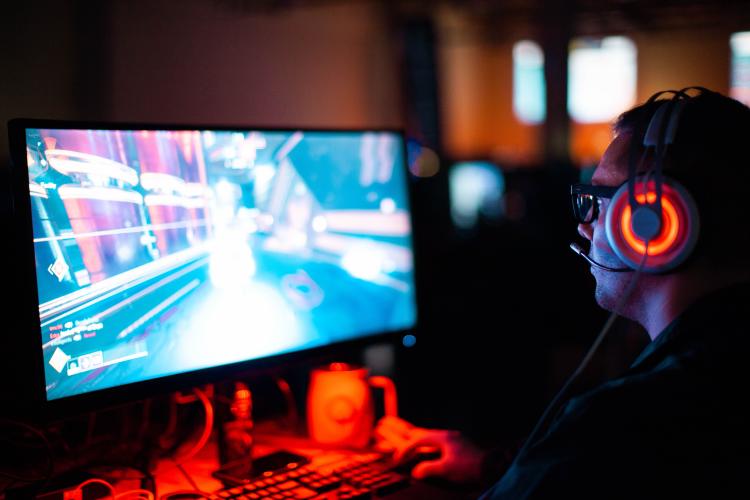The Game Development Tips Every Indie Developer Needs To Know
· June 10, 2022
Whether you’re a newcomer to game development or an experienced veteran, we’re never above some good tips. In this article, we’ll be going from the common, to hard earned, to trite but true.
Tool Tips
Version Control.
Yes, we are starting with the boring one; but if this is all you read of this article, then you’ve taken the most important part. All projects, no matter how big or small, need version control of some sort. Be that git, svn, perforce, or another; as soon as you start the project or open the editor, set up the repository. Commit often and back that up. Now it doesn’t matter if the editor crashes, or you accidentally saved over something, or you run out of undos. Want to know what the game was like before the last playtest? It’s two mouse clicks away.
Be wary of the silver bullet.
There are so many tools to choose from now: Unity, Unreal, Godot, Gamemaker, and more. You should leverage them, but keep an eye on their limitations. There is no one size fits all, there is no silver bullet.
Vendor lock-in.
Speaking of engines, take time to reflect on how much of your work is making the game and how much is fighting the tool. There’s danger in becoming an expert in the tool’s idiosyncrasies at the expense of the underlying game development skills. If you can make it in Unity, could you make it in Unreal? If tomorrow we all had to move to html5 games with javascript, could we still ply our trade?
Speed.
The rate at which you write code, push verts, paint textures, or thrash through designs matters far more than we might like to admit. Get comfortable with your IDE, authoring tool, spreadsheets, etc. Setting aside time is money. In games, iteration is key, and the faster we can iterate the better the product can be. Get stuck into the hot keys, experiment with different input devices, technologies, and workflows.
Process Tips
It’s dangerous to go alone.
Game development is multidisciplinary. Games made by a single individual are the exception not the rule. This has far reaching implications. Primarily though, how we interact with peers impacts what, and how, we can develop. Communication skills are often undervalued, but weaknesses in communication are often the cause of a project’s downfall.
For Love or Gold?
Are you making something because you want to make it, because it is art, or because you can’t not make it? Or are you making entertainment that people pay for? If the former, then the next few points maybe don’t matter as much. If it’s just your time and it’s just for you, go for it. But if this is a product…
Who’s having fun? You or the player?
An oldie but a goodie. Game development is fraught with traps for its creators. When making a fun toy it’s very easy to get stuck simply playing with the fun toy. Is that making the product better for the player? For example, programmers are often tempted to start from scratch, or pioneer some cool tech. But if the desired design could be achieved with a physics engine and state machine then how can you justify increased risk and longer development time that winds up delivering the same experience to the player.
Fail Fast, Fail Often, Find the Fun.
Everyone seems to know this one but it’s hard to live it. We have to kill our darlings, we have to rush to something playable. We cannot know if the concept holds water until players are playing it, and are they having the player stories we intended.
Feedback.
Speaking of players, you need their feedback. You need to have people play the thing, you need to watch them, you probably want to record them. You want to interview them or send them questionnaires. Do their experiences match your intended design?
How do you get playtesters though?
First playtesters are often your family and friends, but use with caution, they probably don’t want to hurt your feelings and they might not be your target market. Most areas will have a local game dev scene that runs get togethers where you can share builds and playtest each other’s stuff.
Scope.
Halve it, now halve it again. It’s probably still too big. It’s so tempting to put all the ideas and bells and whistles in, but you can’t. Eventually the game must ship, preferably in a well polished state. The more focused the scope, the better. Scope creep is an issue here too, those moments of ‘wouldn’t it be cool if…’. Most often yes ‘it would be cool if…’ but maybe there isn’t time right now, it’s highly recommended to keep a ‘version 2 list’ of all the cool stuff you wish you could add. Getting that out of your head, makes it easier to move forward on the task at hand.
Moving Forward
If you’re struggling with developing your own game, reach out. Got a great idea but not the time? AIR has the experience and skills to assist you in bringing your ideas into life. Send us an email or give us a call for more information and a free consultation.